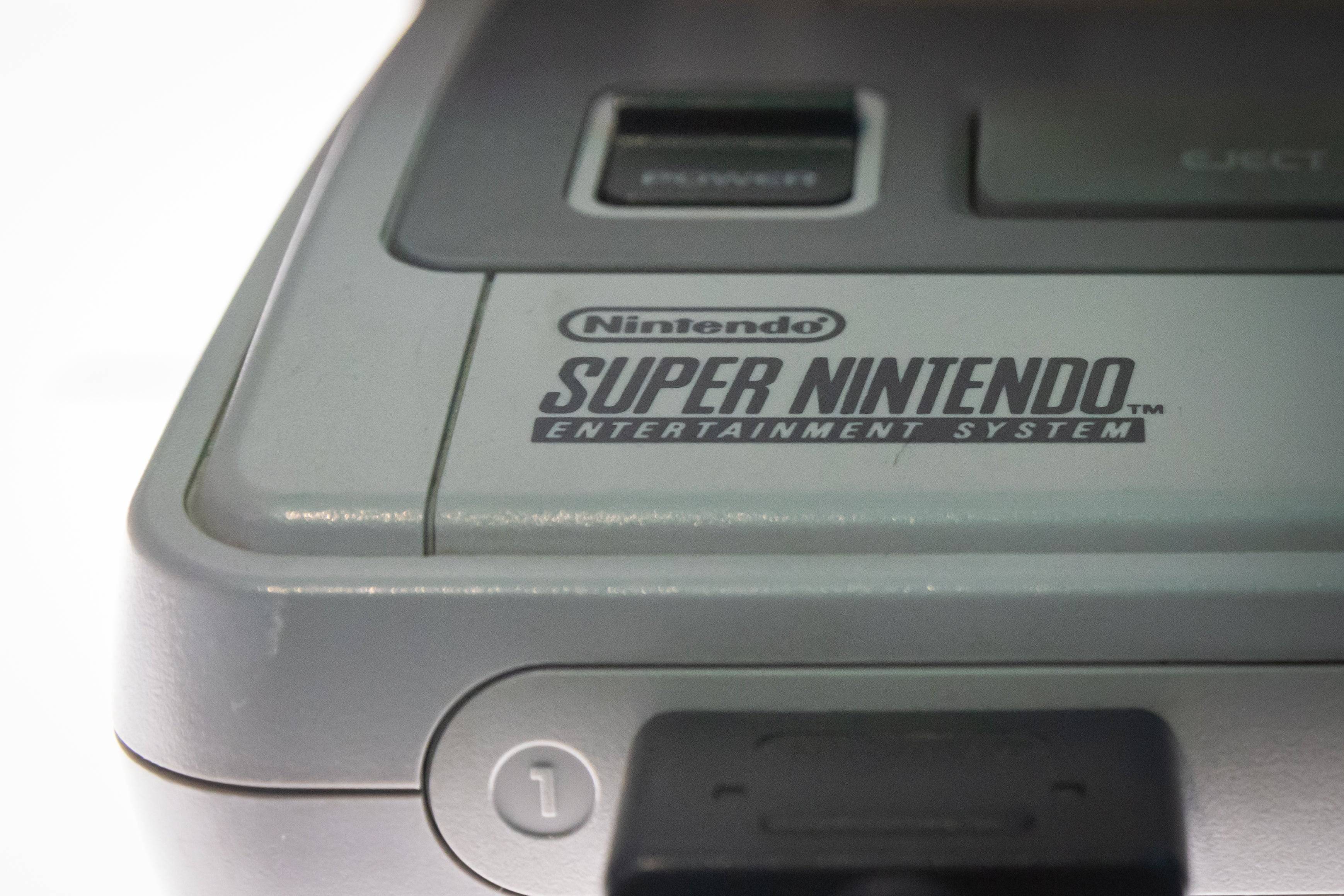"Aging SNES Consoles Run Faster, Puzzling Speedrunners"
The speedrunning community is currently buzzing with discussions about a fascinating technological phenomenon: the Super Nintendo Entertainment System (SNES) appears to be running games faster as it ages. In early February, Bluesky user Alan Cecil (@tas.bot) brought this intriguing development to light, suggesting that the nearly 50 million SNES units sold globally might now be performing better than they did when they first rolled off the production lines in the 1990s. This unexpected enhancement affects popular games such as Super Mario World, Super Metroid, and Star Fox, challenging the conventional notion that technology deteriorates over time.
The Fastest Thing Alive
In an interview with 404 Media, Cecil explained that the SNES's audio processing unit (APU) SPC700, which has a digital signal processing (DSP) rate supposedly set at 32,000Hz by a 24.576MHz ceramic resonator, may not be adhering strictly to these specifications. Retro console enthusiasts have observed that the DSP rate can vary due to environmental factors such as temperature. These variations cause the console to process audio and interact with the CPU at rates different from those officially documented by Nintendo, subtly affecting game speed.
 The SNES appears to be getting faster with age. Photo by Aldara Zarraoa/Getty Images.
The SNES appears to be getting faster with age. Photo by Aldara Zarraoa/Getty Images.
What makes this situation particularly compelling is the trend observed over the past 34 years. After asking SNES owners to record data, Cecil collected over 140 responses, revealing a consistent increase in DSP rates. Previously, the average DSP rate was around 32,040Hz in 2007, but Cecil's recent findings have raised this to an average of 32,076Hz. Although temperature can influence these rates, it does not account for the overall upward trend. In a follow-up Bluesky post, Cecil provided a layout of the data, showing that the DSP rate averages 32,076Hz, with a rise of 8Hz from cold to warm conditions. He noted, "Warm DSP rates go from 31,965 to 32,182Hz, a 217Hz range. Therefore, temperature is less significant. Why? How does it affect games? We do not know. Yet."
Any%
While the phenomenon is intriguing, Cecil acknowledges that more research is necessary to understand the extent to which SNES units are processing game audio faster and to pinpoint the cause. Data from the console's first decade is sparse, but current evidence suggests that the SNES is aging gracefully as it approaches its 35th anniversary.
This development has sparked significant interest within the speedrunning community, as an SPC700 processing audio more quickly could theoretically reduce load times in certain game sections. However, the impact on speedruns is not straightforward. Even under the most extreme conditions suggested by these findings, the difference might only be less than a second. The effect on individual games and the potential implications for long-standing speedrun records remain uncertain, and further research is ongoing. For now, the consensus is that speedrunners have little to worry about.
As Cecil continues to explore what drives the SNES's performance improvements, Nintendo's iconic console seems to be thriving in its 30s. For those interested in the SNES's place in gaming history, you can find its ranking on the list of best-selling consoles of all time.
- 1 STARSEED Update: Codes for January 2025 Released Feb 25,2025
- 2 Pokémon TCG Pocket: Wonder Pick Date, Time, and Promo Cards – February 2025 Mar 03,2025
- 3 How to Get All Ability Outfits in Infinity Nikki Feb 28,2025
- 4 Black Myth: Wukong Tops Steam Charts Days Before its Launch Jan 07,2025
- 5 Ukrainian Internet Stalled as 'S.T.A.L.K.E.R. 2' Release Overwhelms Dec 30,2024
- 6 inZOI, a Korean Sims-Like, Delayed to March 2025 Mar 01,2025
- 7 Starseed Asnia Trigger Codes (January 2025) Mar 06,2025
- 8 Assassin's Creed Shadows Postponed to March 2025 for Enhancements Feb 21,2025
-
Budgeting & Investing: Your Guide to Financial Apps
A total of 9
-
Addictive Hypercasual Games for Quick Play
A total of 10
-
Best Role Playing Games for Android
A total of 10






























